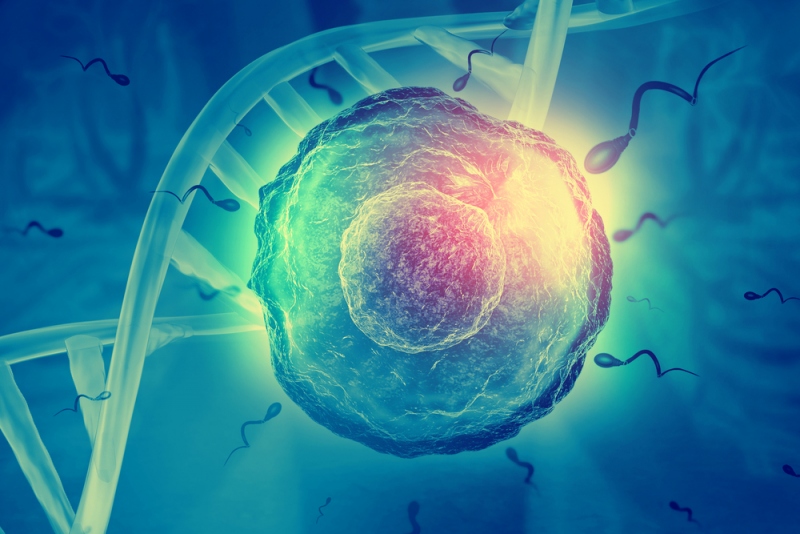Getting pregnant is sometimes not as easy you might want it to be. If you’re finding months going past without successfully conceiving you might need to learn a little more about the conditions that govern when you can get pregnant. If you’re not making a conscious effort to try at the right time, you’re cutting down on the chances you have of getting pregnant.
Today we’re taking a look at when you can get pregnant, to help you pick the right time, and boost your chances of success.
Fertility Windows
If you’re going to get pregnant you need to know when your fertile window falls. Your fertile window is the phrase used to mean the days when the length of time sperm can survive inside your body overlaps with the lifespan of a freshly ovulated egg.
Sperm survive longer than eggs, lasting on average four to five days, while the egg remains fertile for no longer than 24 hours before disintegrating. This gives you a fertile window of, on average, six days (as sperm can survive for up to five days before ovulation and still potentially survive to encounter the egg and inseminate it, as well as the 24 hours after you ovulate).
Your reproductive health can affect how long your fertile window is – eating healthily, drinking alcohol only in moderation and refraining from smoking all go toward building healthier eggs and sperm and making sure yours get as close to that maximum lifespan as possible.
Predicting Your Fertile Window
To find out when your next fertile window is going to fall, you need a reliable ovulation predictor. There are plenty of methods that promise to get you the results you need, but you need to put in the research to find the right one for you.
Ovulation predictor kits (‘OPKs’) work by testing your urine, and looking for the tell tale spike in hormones that shows you when you’re going to ovulate. These are convenient, and the more modern kits offer you not just a binary answer to whether you’re currently ovulating, but tracking of your hormone levels over time to give you warning further in advance.
Hormone based tracking does have its limitations. If you’re experiencing any kind of disruption to your hormone levels, as a one-off reaction to medication, or as an ongoing effect from conditions like PCOS, not only could it disrupt your cycle, it can also disrupt tests that rely on those same hormones.
A basal body temperature-based test gives you results that aren’t affected by hormones, by tracking small changes to your minimum body temperature. Modern fertility trackers can detect this automatically, and use cloud-based algorithms to give you an accurate prediction of your next fertile window, giving you the best chance of getting pregnant.

